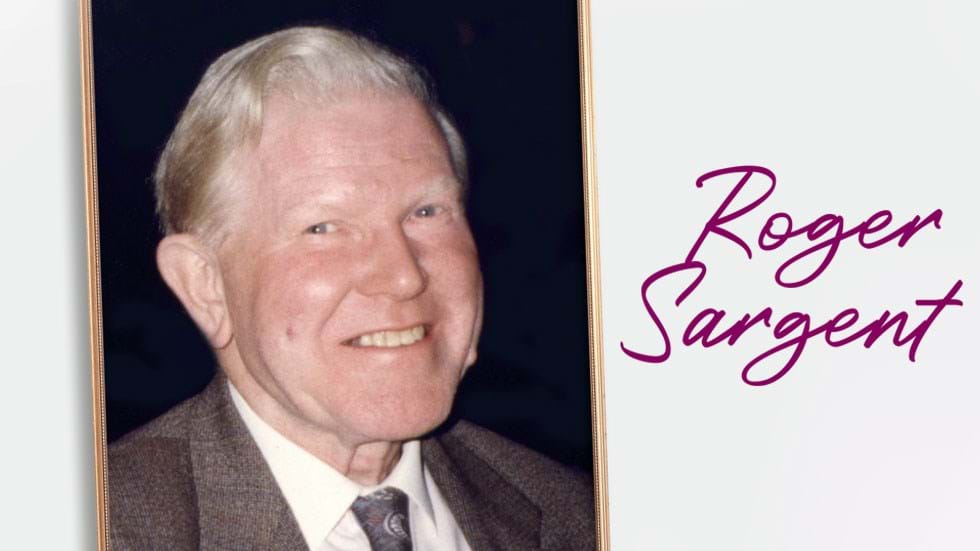My Chemical Engineering Hero is: Roger Sargent

David Simmonds celebrates the father of process systems engineering and founding director of the Centre for Process Systems Engineering at Imperial College from 1989 until his retirement in 1992
I MET Roger earlier in his career when I studied at Imperial from 1970 to 1973. By my final year he was running the department, but he did not formally take it over until 1975. In my first undergraduate year he presented a short course in Dimensional Analysis, then Chemical Engineering Design and Computing Methods in Year 2, and by Year 3, with Lester Kershenbaum (who fortunately is still with us today), Roger led our Systems Engineering course. These courses were core to our degree and essential to us successfully completing our Year 3 design project. Roger and Lester tutored two of our project groups and helped a record number of us achieve first class honours.
Roger was born in 1926 and studied at Imperial, receiving his BSc and PhD in chemical engineering. Following this he worked for a few years in industry, with Air Liquide in Paris, before returning to the UK to become a lecturer at Imperial in 1959. He was appointed Courtauld’s Professor of Chemical Engineering in 1966, the post he held until he became the first director of the Centre for Process Systems Engineering in 1989.
What do you admire about their achievements?
Roger built Imperial’s world leading capability in systems engineering. He was able to spot young academic talent, such as Lester, to join and strengthen his team. At the time of my course he was at the leading edge of applied computational design, which led to significant improvements in the optimisation of process design and plant operation. He built on this to become a world leader in the field which underpins much of today’s chemical processing. His vision has enabled process plant operations to become an engineering discipline in its own right and he oversaw the development of one of the world’s first university-based pilot plants, enabling students to gain practical hands-on experience. Indeed, Imperial’s pilot plant has recently been expanded and updated to become the leading international centre for testing of carbon capture technologies.
As my alumni have remarked, Roger was a likable, thoughtful, creative, knowledgeable and humble person, though those third-year lectures certainly carried an air of mystique.
His contributions have been recognised through many awards, including IChemE’s creation of the Sargent Medal in 2015 for research in computer-aided product and process engineering in his honour. This is awarded to members of the chemical engineering academic community who have contributed significantly to the advancement of both profession and society.
How have they influenced how you approach engineering?
Some of my close friends stayed on to complete their postgrad studies under Roger’s tutelage, but I joined industry after my first degree and spent the next few years getting that hands-on experience which today’s graduates gain directly from that pilot plant. Subsequent to those first years I have infrequently used my discipline knowledge, but the systems thinking instilled by Roger and Lester has left its mark, enabling me to better think though challenges in a logical manner. More directly I have used my early exposure to systems engineering thinking to optimise development planning and plant performance.
Roger passed away six years ago, aged 91. I managed to shake hands with the great man the year before he died, when we both attended the lecture held annually in his name at Imperial. More recently I have been fortunate to meet up with my other mentor, Lester, when we attended my alumni 50th anniversary celebrations last year.
If you could ask them a question now, what would it be?
In his inaugural lecture back in 1963 it is recorded that Roger called for “a wider social consciousness and the ability to view problems in their context”. So, my question is, how successful have you been collaborating on system thinking with your electrical engineering colleagues, and how would you now get the two disciplines working together to deliver better, perhaps hybrid, solutions, for our energy transition?
Recent Editions
Catch up on the latest news, views and jobs from The Chemical Engineer. Below are the four latest issues. View a wider selection of the archive from within the Magazine section of this site.




